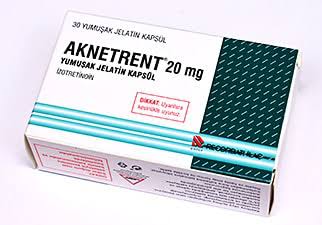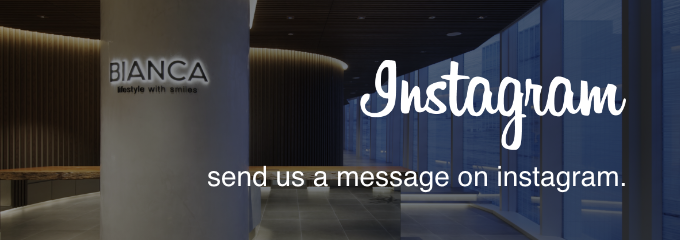Acne care complete guide.
Hi, this is Dr. Yuki! Acne is one of the most common skin concerns, affecting people of all ages. Whether it’s occasional breakouts or more persistent acne, finding the right treatment can be challenging. Thankfully, there are a variety of options available, from oral medications to topical treatments, that can help you manage and reduce acne effectively.
Understanding Acne
Before diving into treatment options, it’s essential to understand what causes acne. Acne occurs when hair follicles become clogged with oil and dead skin cells. This can lead to whiteheads, blackheads, pimples, and sometimes even deeper nodules or cysts.
Hormonal changes, diet, stress, and even certain skincare products can trigger or exacerbate acne. Identifying your triggers can be helpful in managing breakouts, but in many cases, medical treatments are necessary to get acne under control.
Oral Medications
- Antibiotics: Oral antibiotics like doxycycline or minocycline are often prescribed for moderate to severe acne. These medications help reduce inflammation and the bacteria that contribute to acne. However, they are typically used for a limited time due to the risk of developing antibiotic resistance.
- Isotretinoin (Accutane): Isotretinoin is a powerful oral medication used for severe acne that hasn’t responded to other treatments. It works by reducing the size of oil glands in the skin, leading to less oil production and fewer clogged pores. While highly effective, isotretinoin has potential side effects, including dry skin, mood changes, and birth defects, so it’s crucial to use it under the guidance of a dermatologist.

Topical Medications
- Differin Gel (Adapalene): Differin gel is a retinoid, which is a derivative of vitamin A. It works by promoting cell turnover and preventing pores from becoming clogged. It’s effective for treating mild to moderate acne and is available over the counter. Consistent use can lead to clearer skin, but it’s important to start slowly to minimize irritation.
- Azelaic Acid: Azelaic acid is another topical treatment that helps reduce inflammation and the buildup of skin cells in the pores. It also has antibacterial properties, making it an excellent option for treating mild to moderate acne and hyperpigmentation. Azelaic acid is generally well-tolerated, even for sensitive skin types.
- Salicylic Acid: Salicylic acid is a beta-hydroxy acid (BHA) that helps exfoliate the skin and unclog pores. It’s commonly found in cleansers and spot treatments and is particularly effective for treating blackheads and whiteheads.


